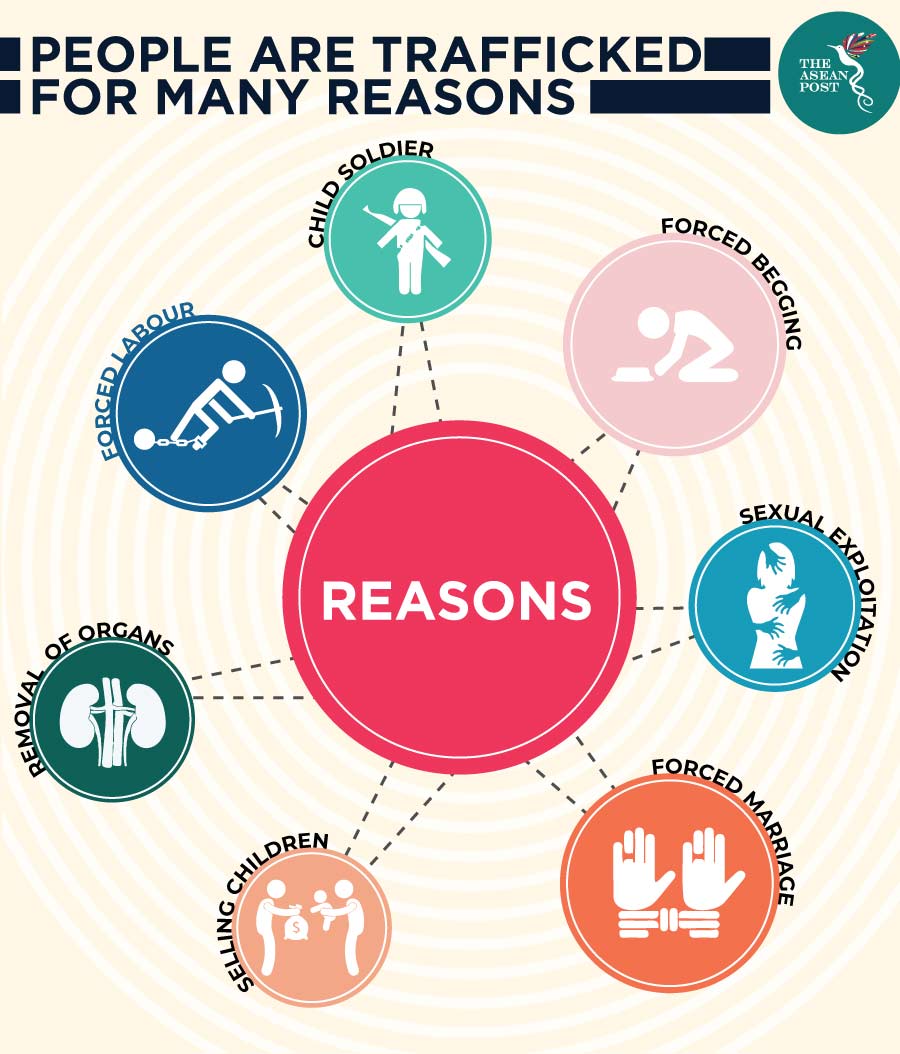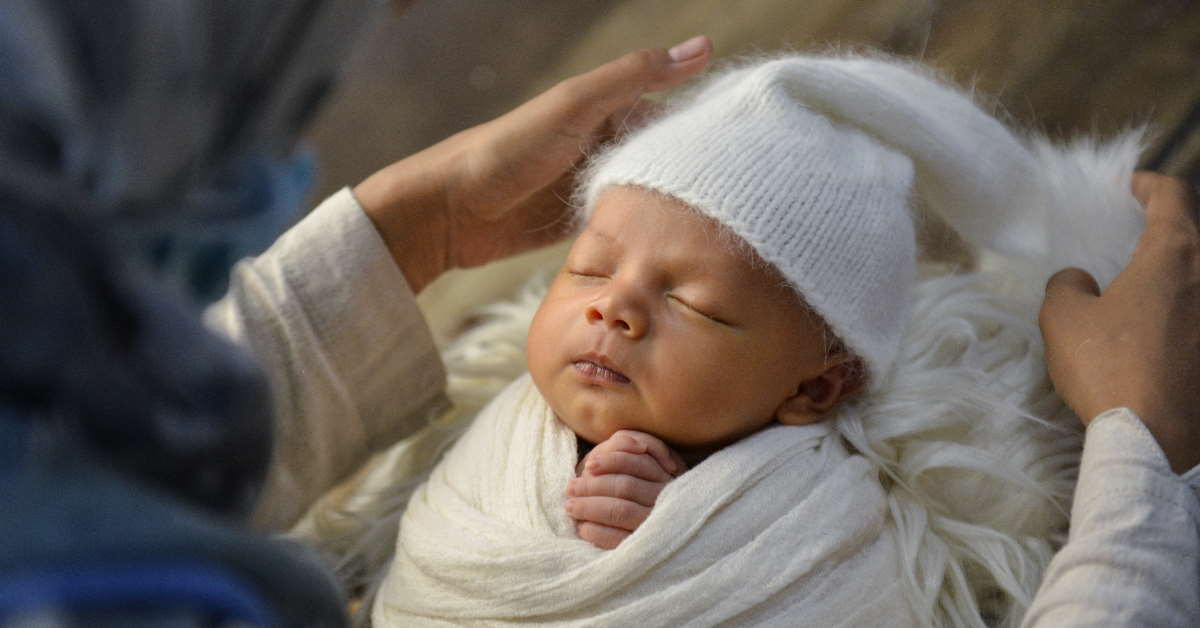The underground baby market in Southeast Asia has been thriving for decades. In recent years, the baby-selling and baby-buying trade has gone online and can be easily found on social media. According to media reports, a simple Google search will display thousands of hits of both, open and closed Facebook pages with thorough details of babies and children available for “adoption”.
Just last year, a Filipino couple was arrested for trying to sell their one-week-old baby through social media. The National Bureau of Investigation (NBI) in the Philippines said that they questioned whether the couple arrested were the real parents of the child as they did not show signs of guilt when they were caught trying to sell their baby. According to the NBI, prior to this case, a number of reports were made of babies disappearing from homes and hospitals. Unfortunately, this was not the first baby trading case in ASEAN. In 2018, four people were arrested in Indonesia after they were allegedly involved in the buying and selling of babies on Instagram. Three babies were believed to have been sold via the account which presents itself as promoting “family welfare” and providing solutions to family problems.
The illegal systematic sale of children is usually for adoption by couples from wealthier nations. However, sometimes the children are sold for other ominous purposes, such as trafficking. Children and infants who are trafficked are often eventually forced to work in plantations, mines and factories, or even as domestic or sex workers.

According to a report titled, ‘Infant Trafficking and Baby Factories: A New Tale of Child Abuse in Nigeria’ by Olusesan Ayodeji Makinde from Viable Knowledge Masters (VKM) – a health and development consulting company in Nigeria – baby factories are new systematic abuse structures that are promoting infant trafficking, neo-slavery and the exploitation of young women with unwanted pregnancies. In some countries, it is simply known as the surrogacy business.
A few years ago, fertility tourism for surrogacy in Thailand drew praise for its role in helping desperate childless couples but criticism for its potential for exploitation and abuse. Thai women would provide their eggs and give birth as surrogate mothers for couples who are unable to bear children. Thai officials estimated that more than 2,000 foreign couples come to Thailand each year for the service.
But the rent-a-womb practice does not come without consequences. In 2014, an Australian man who fathered surrogate twins with a Thai woman was charged with sexually abusing the children. The surrogate mother was paid a total of BHT170,000 (US$5,000) for her services. Ilya Smirnoff from Childline Thailand Foundation – a child welfare organisation that runs safe houses for children, fears that paedophiles would abuse this practice and adopt children with malicious intent. However, after a few abuse cases were reported, Thailand decided to criminalise surrogacy by foreigners.
Reports in Vietnam claim that "intermediaries" or agents would sometimes visit rural areas and poor communities to seek for pregnant women. They would take advantage of the impoverished women’s hard life and convince poor mothers to go to China to deliver their babies and then sell them to Chinese buyers.
Other than that, girls and women would also be promised a new job and a better life abroad but find themselves trafficked for a sinister reason. Anti-trafficking activist, Aegile Fernandez explained that "women were being brought in for the purpose of a job, but they were then kept locked up, raped and then the babies were being sold."
Lengthy Adoption Process
According to reports, Malaysia and Indonesia have strict adoption laws designed to combat illegal adoption. However, many criticise the strict requirements as being ineffective, as it fuels the underground baby market. Some claim that the proper adoption process takes years of paperwork, multiple trips to adoption centres and sometimes, all that effort can go to waste, with potential parents forced to start all over again. Nevertheless, Noraini Hashim from OrphanCARE – an organisation that helps institutionalised children in Malaysia, argued that there's no difficulty with the adoption process in Malaysia, although it might take a while. She added that “perhaps that's why some people get tired of waiting and they look for alternative ways of getting a baby.”
Babies and children are vulnerable beings – unable to make their own decisions and incapable of giving consent. Stories of babies for sale, trafficked children, illegal adoption and child grooming are nothing new in ASEAN. Yet, news headlines of exploitation of children are rampant and it has become increasingly common. Seeing children on the streets who are possibly part of a begging syndicate is deemed “normal” in some countries, and children working in hard labour has become prevalent. Have we failed to protect our children in ASEAN?
Related Articles:
